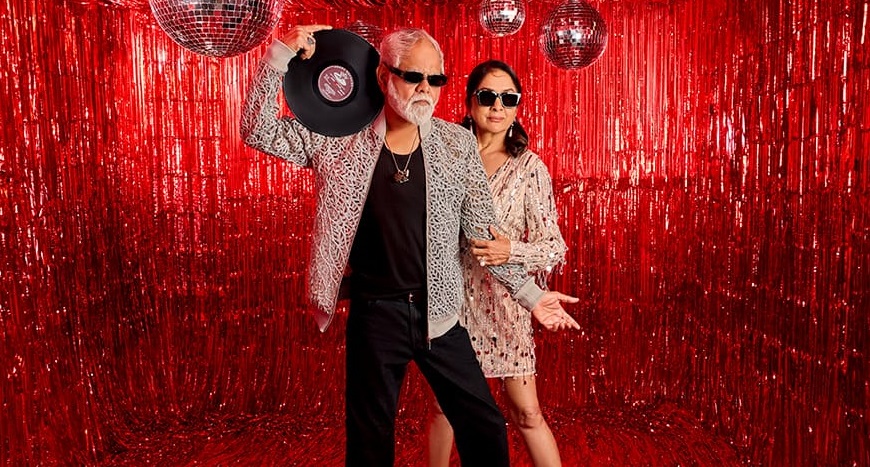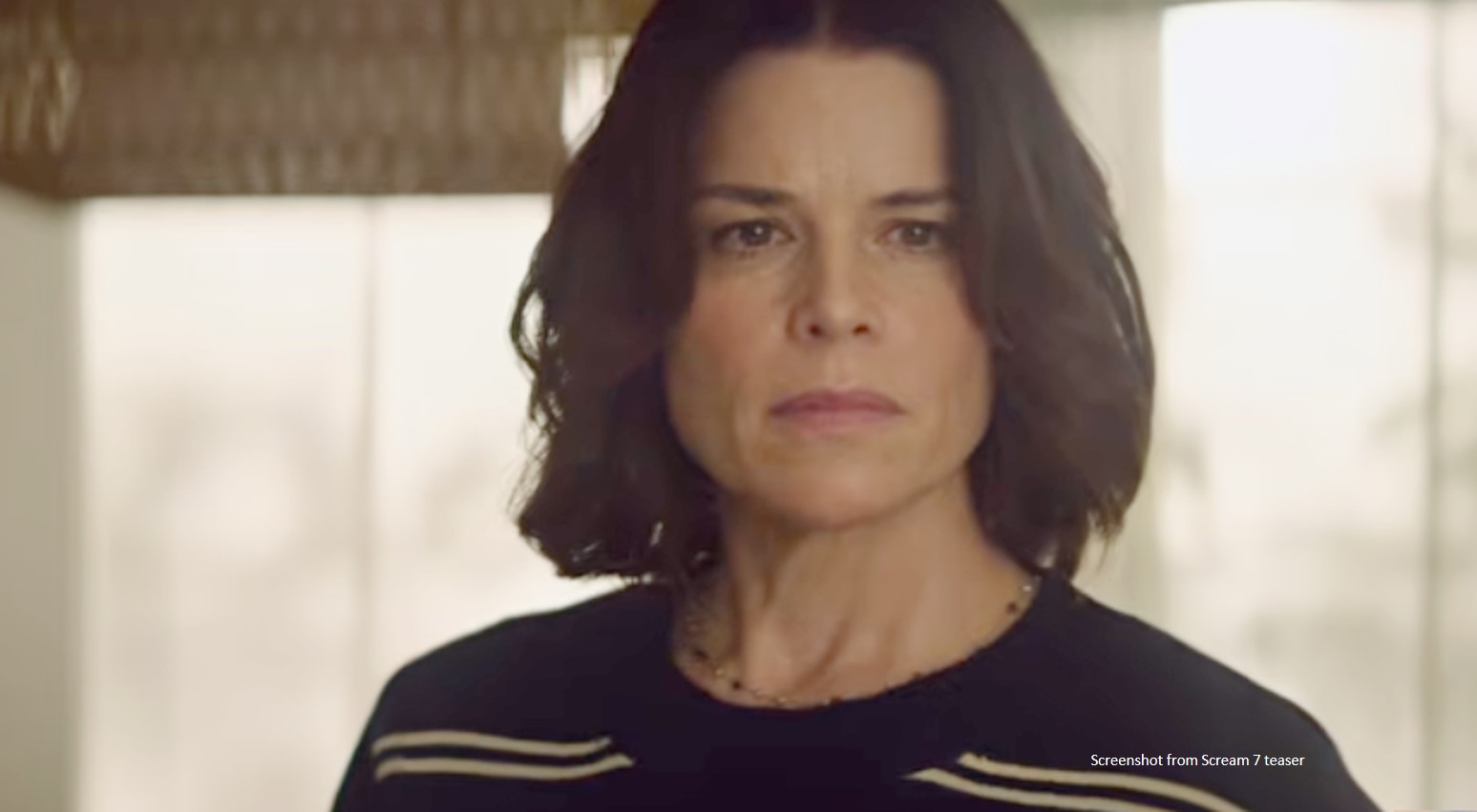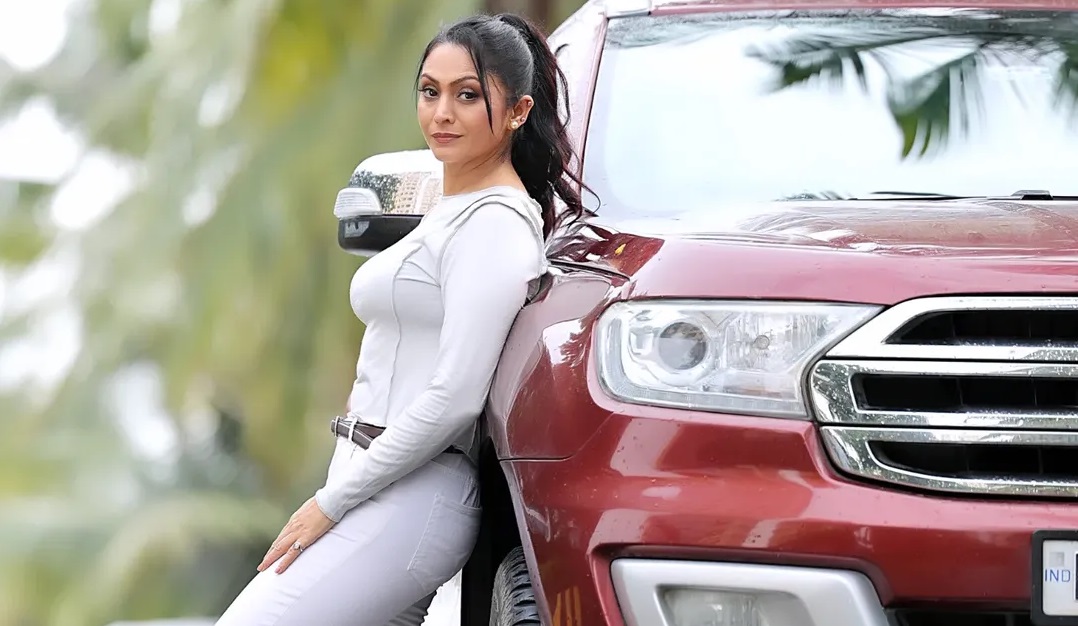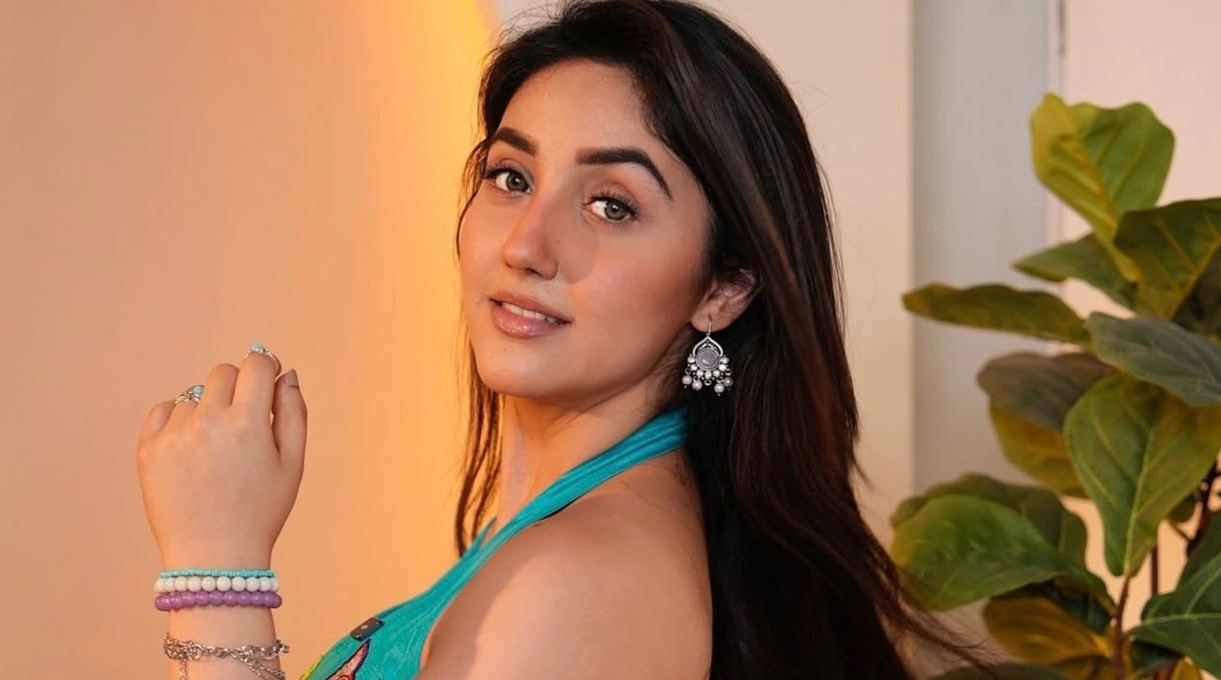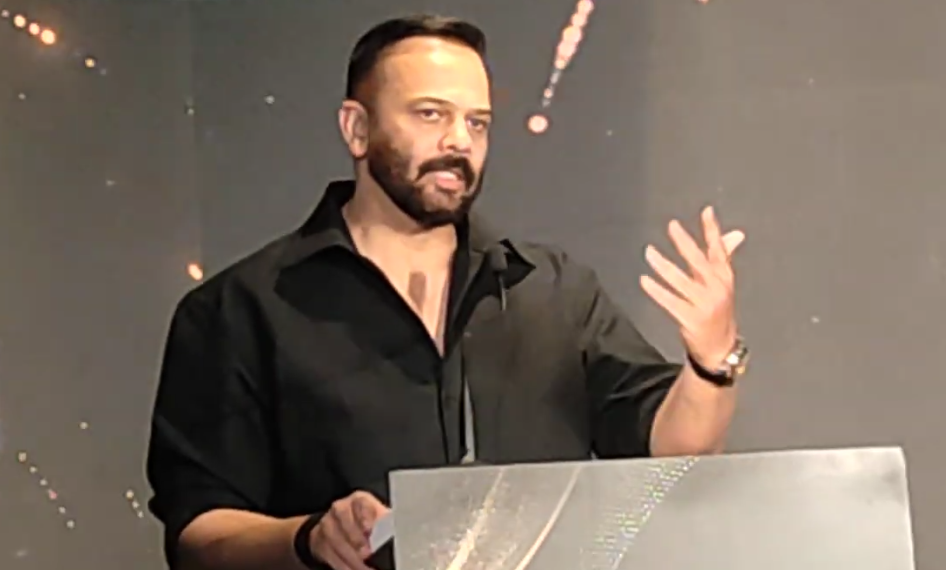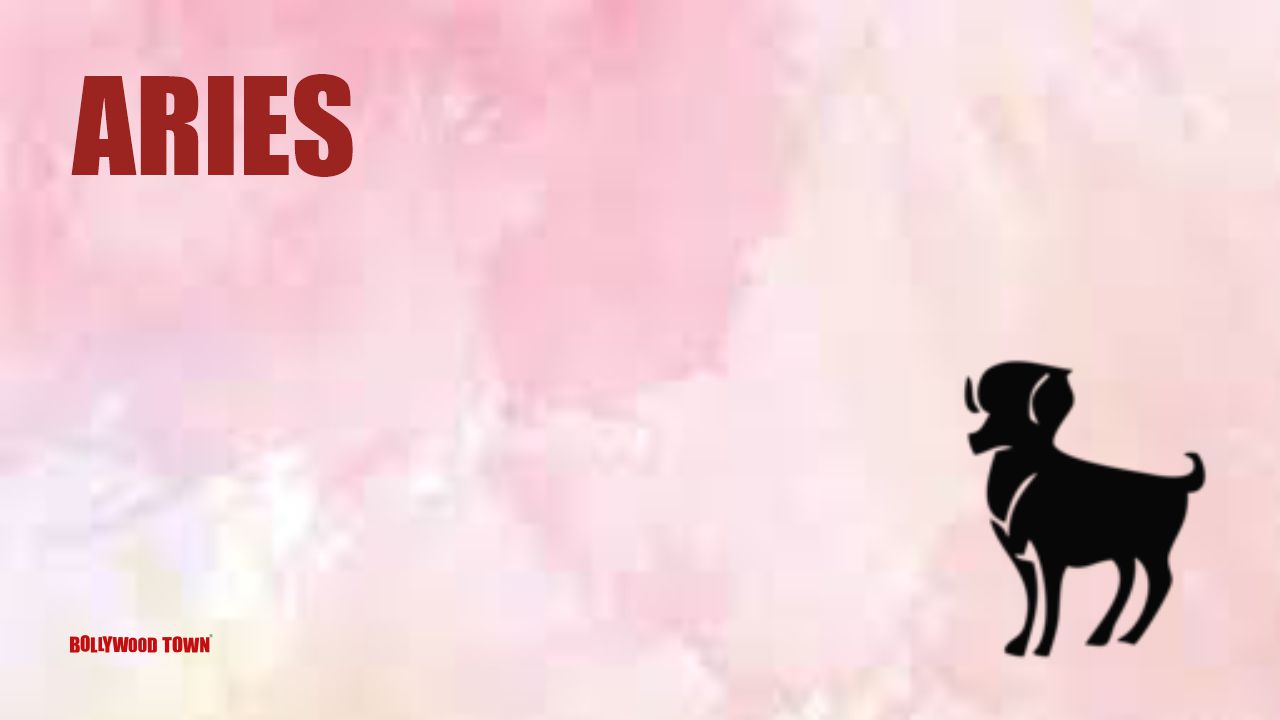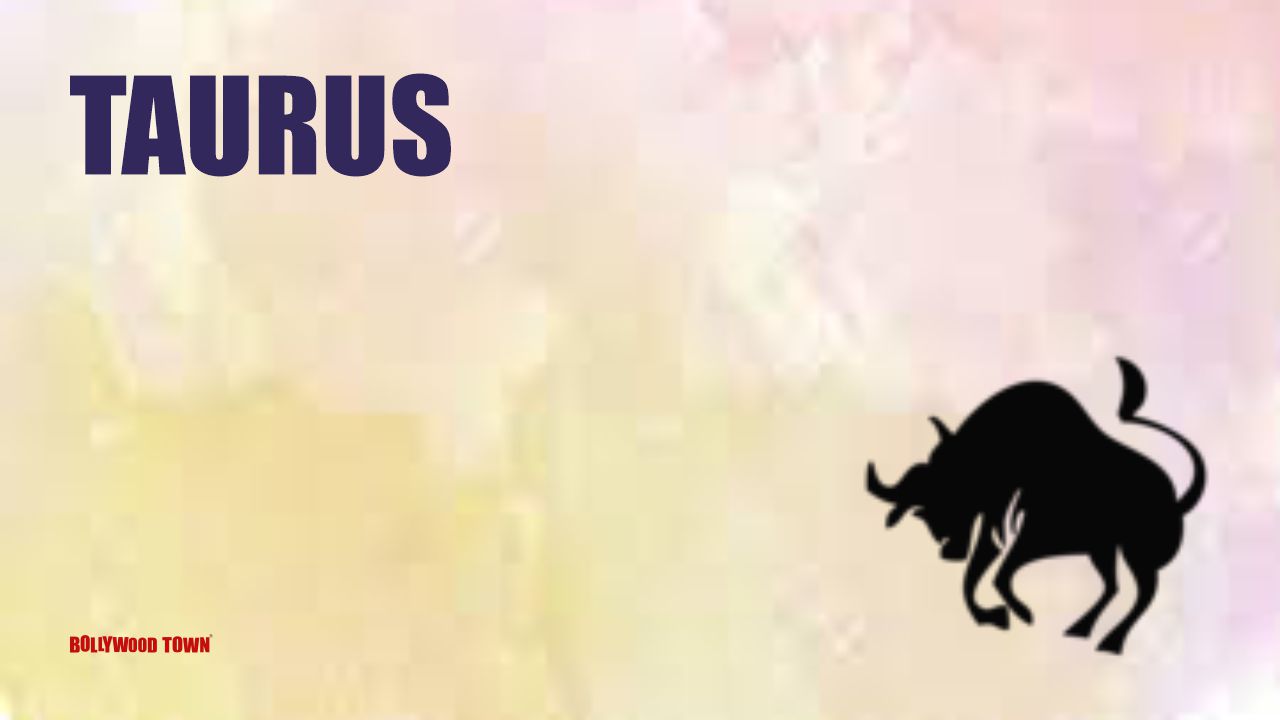Girish Wankhede | mumbai@bollywoodtown.in
Dear Mr. Amitabh Bachchan,
As the sun rises on this special day, October 11, 2025, marking your 83rd birthday, we, your countless admirers across generations, pause to celebrate not just a man, but a phenomenon—an institution that has shaped our hearts, minds, and souls through the magic of your craft. For decades, you have been more than an actor; you have been a beacon of inspiration, a mirror of our emotions, and a guiding force in our lives. On this milestone, we pen this letter to express our gratitude, love, and unwavering admiration for the legacy you’ve gifted us through your unparalleled body of work.
From the moment you stormed onto the silver screen, you became the pulse of a nation. As Vijay in Zanjeer (1973), your smoldering intensity and righteous anger gave voice to a generation yearning for justice. The “Angry Young Man” was born, and with him, you ignited a fire in us to stand tall against injustice, to fight for what is right, no matter the odds. That steely resolve in your eyes taught us resilience, a lesson we carry in our battles, big and small.
But oh, how you made us laugh with your inimitable charm! In Sholay (1975), as the roguish Jai, your wit and camaraderie with Veeru brought joy to our hearts. “Yeh dosti hum nahi todenge” became more than a song—it became a vow of friendship we swore to uphold. Your banter, your harmonica, and that mischievous glint in your eye taught us to find humor even in life’s toughest moments. And who can forget Namak Halaal (1982), where your comedic genius as Arjun Singh had us doubled over with laughter? “English is a very funny language” became our anthem for embracing life’s quirks with a smile.
Your versatility has been our greatest teacher. In Deewaar (1975), as Vijay Verma, you showed us the complexities of morality, the weight of choices, and the pain of sacrifice. “Maa mere saath jaayegi” wasn’t just a dialogue; it was a testament to the values of family and loyalty that resonate in our souls. In Sharabi (1984), your portrayal of a man battling his demons through addiction, yet holding onto love and dignity, moved us to tears. Your respect for Vicky’s love interest, played by Jaya Prada, instilled in us a deep reverence for womanhood—a principle we strive to uphold in our lives.
Your romantic roles have been our poetry. In Silsila (1981), your portrayal of Amit’s forbidden love was a masterclass in vulnerability and passion. The way you recited “Yeh kahan aa gaye hum” with Rekha made us believe in the timelessness of love, even when it’s complicated. In Kabhi Kabhi (1976), your soulful poetry of Sahir Ludianvi stirred our hearts, inspiring us to weave romance into our lives with words as much as actions. We confess, sir, we’ve tried to emulate your style—those sideburns, those bell-bottoms, that effortless swagger—hoping to capture even a fraction of your charisma.
Your command over language has been our classroom. Your flawless Hindi diction, your impeccable English in films like Black (2005), and your heartfelt Marathi tributes have shown us the power of words to bridge cultures and emotions. In Black, as Debraj Sahai, you taught us that true teaching transcends the classroom—that it’s about igniting a spark in another’s soul. Your portrayal of a teacher guiding a deaf-blind girl to find her voice was a lesson in perseverance and empathy that we carry forward.
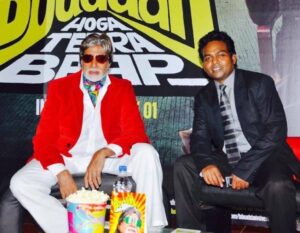 Your characters have been our companions through every phase of life. In Amar Akbar Anthony (1977), as Anthony Gonsalves, you celebrated communal harmony with infectious joy, reminding us that love and brotherhood transcend all divides. In Baghban (2003), as Raj Malhotra, you showed us the grace of aging, the strength of familial bonds, and the pain of being misunderstood—yet you never lost your dignity. In Piku (2015), as Bhaskor Banerjee, you brought humor and relatability to the quirks of old age, making us laugh and cry as we saw our own parents in you.
Your characters have been our companions through every phase of life. In Amar Akbar Anthony (1977), as Anthony Gonsalves, you celebrated communal harmony with infectious joy, reminding us that love and brotherhood transcend all divides. In Baghban (2003), as Raj Malhotra, you showed us the grace of aging, the strength of familial bonds, and the pain of being misunderstood—yet you never lost your dignity. In Piku (2015), as Bhaskor Banerjee, you brought humor and relatability to the quirks of old age, making us laugh and cry as we saw our own parents in you.
Your sincerity, your discipline, and your humility have been our guiding stars. Whether it’s the intellectual arrogance of Dr. Sudhir in Anand (1971), the quiet strength of Auro in Paa (2009), or the fierce determination of Vijay Dinanath Chauhan in Agneepath (1990), you’ve shown us how to face life’s challenges with courage and conviction. Your dialogues—“Rishte mein toh hum tumhare baap lagte hain”—have become our anthems, recited with pride and passion. Your love for cricket, evident in your commentary and enthusiasm, has fueled our own, making every match a celebration of your spirit.
You’ve been our Dilip Kumar, our Marlon Brando, our Daniel Day-Lewis, and our Anthony Hopkins, all rolled into one. But more than that, you are our Amitabh Bachchan—the Shahenshah, the Shehenshah, the one and only. Your films have been our scriptures, your characters our mentors, and your performances our life’s soundtrack. From the heartbreak of Muqaddar Ka Sikandar (1978) to the triumph of Coolie (1983), from the intensity of Sarkar (2005) to the warmth of Cheeni Kum (2007), you’ve given us a roadmap for every emotion, every milestone.
On this 83rd birthday, we thank you for the 83- and more—reasons you’ve given us to live fuller, braver, and kinder lives. Your work has been a torchbearer, illuminating our paths through youth, love, despair, and celebration. You’ve inspired not just us, but our parents and now our children—the third generation to be touched by your magic. Your voice, your poetry in Silsila , your larger-than-life presence in Kaala Patthar (1979), and your quiet introspection in Pink (2016) continue to guide us.
As we raise a toast to you today, we say, in true Bachchan style, “Aaj khush toh bahut honge tum!”
Keep inspiring us, Sir. Keep being the Sun that lights our skies, the teacher who shapes our dreams, and the artist who paints our lives with emotion. Happy 83rd Birthday, our Shahenshah. May you continue to shine, as you always have, in every frame of our lives.
With Gratitudes and Love,
Girish Wankhede and your Admirers Across Generations
#AmitabhBachchan #HappyBirthdayWishes


